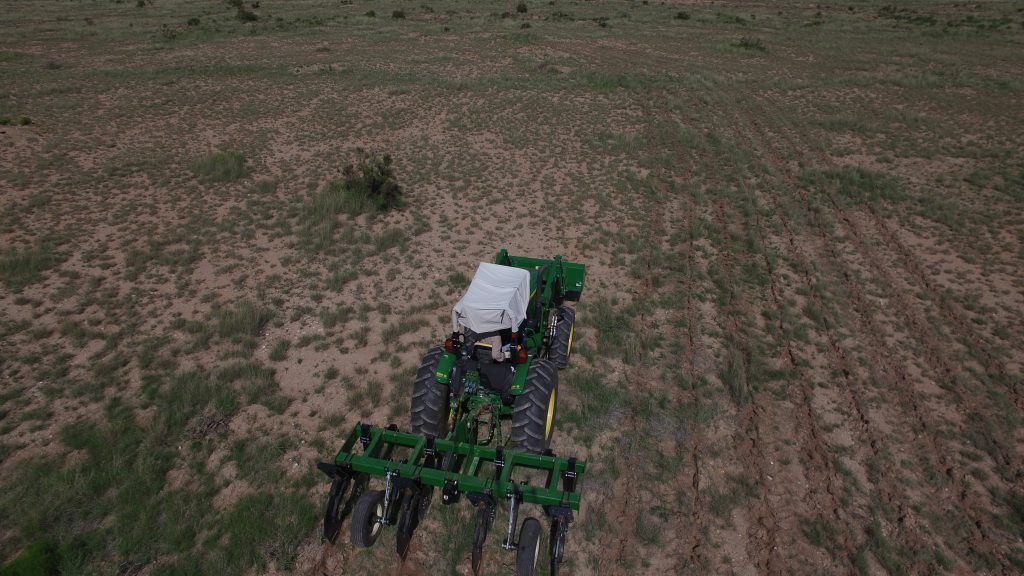David C. Johnson, Ph.D, of New Mexico State University discusses how his compost research shows tremendous promise for soil carbon sequestration, and the potential benefits that may have on climate change, our food system, rangelands and the wildlife they support. Microbes – ignored in most research – are the key.
Transcript: “Most of the other researchers are seeing very low possibility for capturing carbon in soils. The rates at which they’re seeing this are so low that it would never happen. We would never actually make any headway in reducing atmospheric CO2. With the biology, things change. It starts to restore the dynamic of the system, that, how it used to operate before we came in and crippled every biological pathway that is in the soil. And I’ve seen with the biology, we can do it at at least 10 times the rate of carbon capture that anybody else is seeing in their research. And other people now, progressive farmers and ranchers that are doing this are seeing as much as I’m seeing or more, as far as our ability to capture carbon. So, I see this as hope. I see this as the only mechanism that we can use to capture carbon. Practically. Cost-effectively. And to offer so many co-benefits in the process. The carbon capture is the icing on the cake. You know, pulling it from the atmosphere. But what we’re doing to our soils, what we’re doing to our rangelands, it will change the whole paradigm of how we grow food on this planet. And implementing the microbes back into this system is the key. At least that’s what I’m seeing in my research.”
David C. Johnson, Ph.D. on Rapid Carbon Sequestration from Center for Food Safety on Vimeo.

